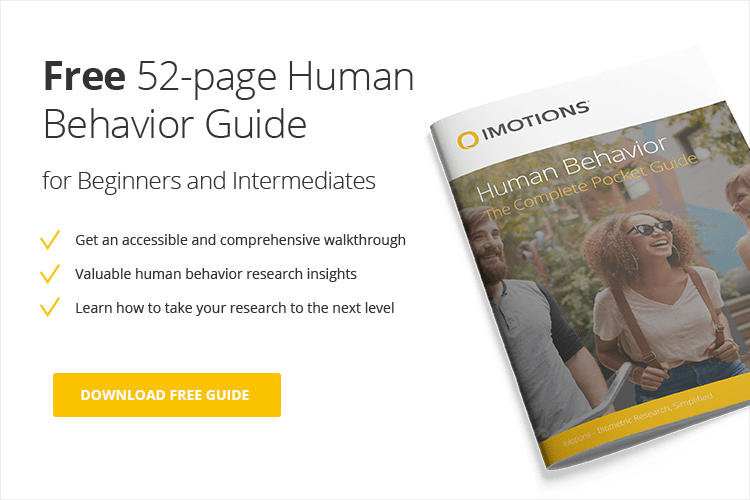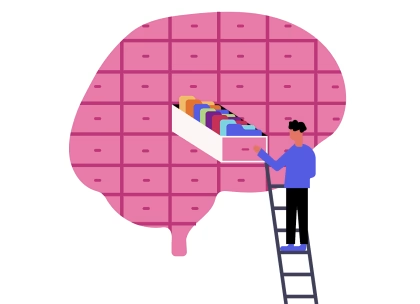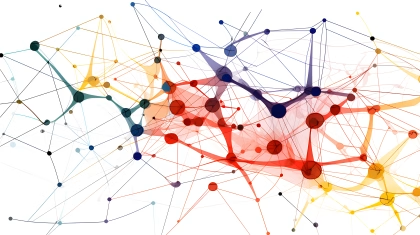TED Talks are a great way for the world’s most brilliant people to communicate anything from big ideas to minute details in a format that is both easy and entertaining. We have gathered some of the best talks about human behavior below, covering everything from memory and consciousness, to decision-making and the very nature of human behavior.
We hope you will enjoy these 10 talks from some of the innovators and deep thinkers in the field of human behavior.
Elizabeth Loftus
Psychologist Elizabeth Loftus studies memory – not from the perspective of forgetting, but from the perspective of falsely remembering. Her work has helped generate a better understanding of the weaknesses of eyewitness testimony, as well as how – and why – we remember some things better than others.
Anil Seth
Neuroscientist Anil Seth takes on perhaps the biggest question of all in human behavior research – what is consciousness? The theory he proposes is radical: that our brains hallucinate our reality all the time. Illustrated and exemplified by illusions, Seth makes a convincing case for a new way of looking at the conscious experience.
Dan Ariely
Behavioral economist Dan Ariely, the author of Predictably Irrational, uses classic visual illusions and his own counter-intuitive (and sometimes shocking) research findings to show how we’re not as rational as we think when we make decisions.
Steven Pinker
Steven Pinker’s book The Blank Slate argues that all humans are born with some innate traits. Here, Pinker talks about his thesis, and why some people found it incredibly upsetting.
Peter Doolittle
“Life comes at us very quickly, and what we need to do is take that amorphous flow of experience and somehow extract meaning from it.” In this funny, enlightening talk, educational psychologist Peter Doolittle details the importance – and limitations – of your “working memory,” that part of the brain that allows us to make sense of what’s happening right now.
Daniel Kahneman
Using examples from vacations to colonoscopies, Nobel laureate and founder of behavioral economics, Daniel Kahneman, reveals how our “experiencing selves” and our “remembering selves” perceive happiness differently. This new insight has profound implications for economics, public policy – and our own self-awareness.
Rebecca Saxe
Sensing the motives and feelings of others is a natural talent for humans. But how do we do it? Here, Rebecca Saxe shares fascinating lab work that uncovers how the brain thinks about other peoples’ thoughts – and judges their actions.
Barry Schwartz
Psychologist Barry Schwartz takes aim at a central tenet of western societies: freedom of choice. In Schwartz’s estimation, choice has made us not freer but more paralyzed, not happier but more dissatisfied.
Sheena Iyengar
Sheena Iyengar studies how we make choices – and how we feel about the choices we make. At TEDGlobal, she talks about both trivial choices (Coke v. Pepsi) and profound ones, and shares her groundbreaking research that has uncovered some surprising attitudes about our decisions.
Tali Sharot
Are we born to be optimistic, rather than realistic? Tali Sharot shares new research that suggests our brains are wired to look on the bright side – and how that can be both dangerous and beneficial.
Lisa Feldman-Barrett
Lisa Feldman-Barrett has, over the past 25 years, shaken up the world of emotion research by providing a counterargument to ideas of universal and innate emotions in humans. She demonstrates the complexity of feelings, and how they might not always be produced in the way we would expect.
We hope you have enjoyed this list. If you are curious to learn more about human behavior and how it can be measured, download our free 52-page long pocket guide providing valuable insights into human behavior research.











